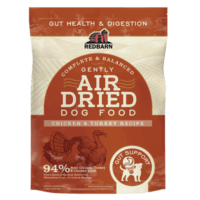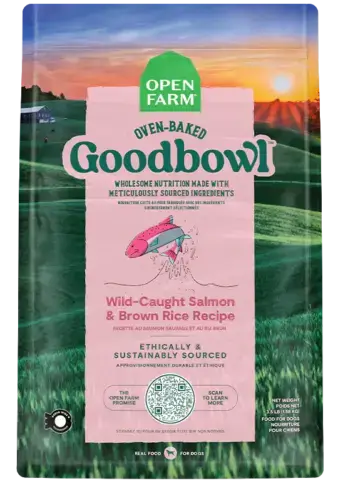
Understanding Why Dogs Consume Grass
Dog owners are often perplexed by their pets’ grass-eating habits. The phenomenon is not unusual, with owners frequently noticing their dogs grazing on grass and then vomiting it back up. This understandably raises questions about the reasons behind such behavior. Many theories exist, including those suggesting dogs eat grass out of boredom, hunger, or due to a dietary deficiency. However, is this a cause for concern, and when should you seek veterinary advice?
Natural Instincts: An Evolutionary Perspective
Dogs have evolved from wolves, creatures that balanced their dietary needs with meat, bones, and occasional plants. Research indicates that dogs may eat grass due to their survival instincts inherited from their wolf ancestors. Just as a small portion of a wild wolf’s diet consists of plant matter, dogs might instinctually consume grass as a readily available source of plant material.
Grass-Eating Out of Boredom
Another possibility is that dogs may nibble on grass out of boredom. Dogs are attention-seeking animals. They might resort to eating grass to get your attention, understanding that the activity will likely get your attention or prompt you to interact with them. Breaking this cycle might require you to engage your pet in fun walks, delightful games, and social interactions to preoccupy their minds.
Dietary Needs and Grass-Eating
Dogs may consume grass regularly due to a dietary deficiency. They might instinctively resort to eating grass in an attempt to take in more fiber. Talking to your vet should clarify whether your dog’s diet requires additional ingredients or supplements. A high-fiber commercial dog feed might be a healthier alternative to grass in fulfilling your dog’s fiber requirements.
The Role of Taste in Grass-Eating
Some dogs might simply enjoy the taste of the grass. They might also appreciate the unique texture of the grass and find its taste appealing, particularly the fresh new growth available in spring. If you notice your dog eating more grass during this season, their taste preference might be the reason.
Should Dogs Eat Grass? Vet Recommended Advice
While dogs’ grass-eating habit might not necessarily indicate a problem, careful observation is advisable. Some dogs eat grass treated with harmful herbicides. To mitigate the risk, keep your pet away from chemically treated grass until the grass is completely dried. Regular fecal testing can also help address issues of parasites from contaminated grass.
In summary, dogs may eat grass due to various reasons ranging from their predatory instincts to dietary deficiencies or simply out of boredom. There’s usually no cause for alarm when dogs eat grass. However, if your dog seems unusually obsessed with grass or shows signs of illness, seek veterinary advice. Also, provide your pet with a balanced diet and engage them in mentally stimulating activities to reduce grass-eating out of boredom.
FAQ:
Why do dogs eat grass?
There could be various reasons, which include instinctual behavior passed down from their wolf ancestors, to cater to their dietary deficiency, or simply because they enjoy the taste and texture of it.
Is it harmful for the dogs to eat grass?
Not necessarily but they should be kept away from eating grass that has been chemically treated or is contaminated with feces.
Should I take my dog to the vet for eating grass?
If your dog is eating grass excessively or showing signs of sickness after consuming grass, it would be wise to consult a vet immediately.






